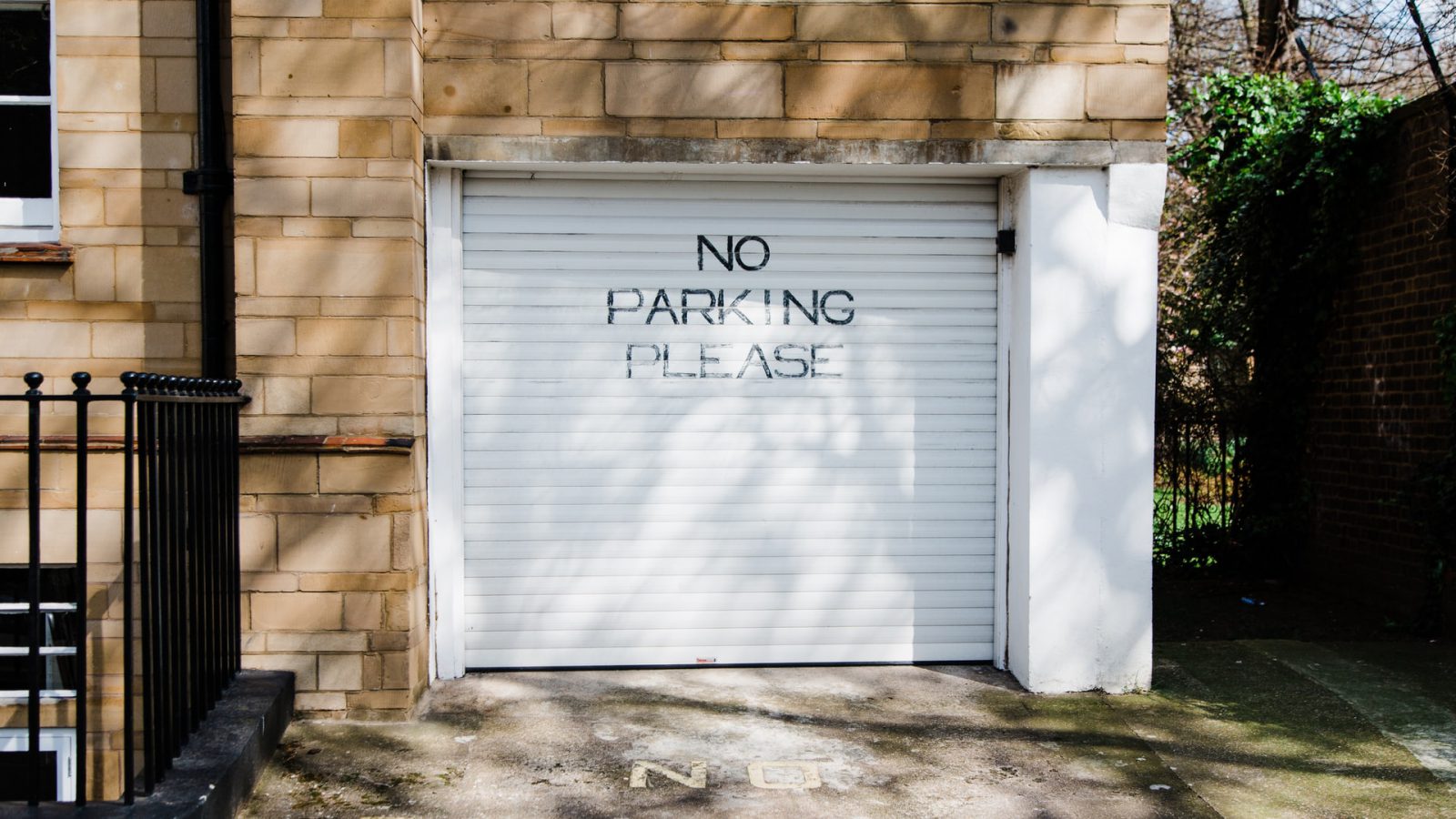Parking Dispute Lands Neighbours in Court
January 3, 2022
Mark Feigenbaum
Canadians living in urban centres can experience many issues in winter, including the unavailability of parking as snow accumulates throughout the season. Having good relationships with neighbours can be a contributing factor to getting through the inconveniences of winter. In a recent decision issued by the Ontario Superior Court of Justice, we see how the need for a family to functionally use their driveway leads to inconveniences suffered by their neighbours, eventually leading to civil litigation. It might be common sense for people to think that issues such as this are simply matters of private property rights, but as the court’s analysis shows, there can be more for the courts to keep in mind. Parking dispute leads to litigation
The issue before the court involved a driveway that is shared between the plaintiffs and the defendants. The parties are neighbours and share the opening to the driveway, which is divided from the road by a municipally-owned boulevard. People entering the driveway of either home must first pass over the small boulevard.
The plaintiffs have claimed that over the years, the defendants and their guests parked vehicles on the city boulevard. The plaintiffs state that this practice narrows the opening of the plaintiffs’ driveway.
The plaintiffs are pursuing an action against the defendants for property infringement rooted in nuisance, civil assault and harassment. While the matter is awaiting trial, the plaintiffs wanted the courts to provide an interlocutory injunction preventing the defendants from parking in this manner until a final decision can be made by the courts.
The defendants say they have a need to park on the boulevard because if they parked only within their driveway, their access to their garage and stroller ramp would be cut off. They took the position that the city’s bylaws allow them to park as they have been, “as long as doing so does not obstruct a driveway, impede or pose a hazard to vehicle traffic”.
The defendants further allege that the plaintiffs’ concerns are rooted in racism as the defendants are people of colour.
The test for an interlocutory injunction
The legal test to determine whether an interlocutory injunction is warranted in a particular case comes from a 1995 decision of the Supreme Court of Canada. The three-step test asks:
- Is there a serious issue to be tried?
- If the injunction is not granted, will the plaintiffs suffer irreparable harm?
- Which party will suffer the greater harm if the injunction is granted or refused (balance of convenience test)?
However, in some cases, courts have applied a modified version of this test which requires plaintiffs to demonstrate only a prima facie case that their property rights are being compromised. The plaintiffs sought to pursue a decision using the modified version of the test, but the courts said such an approach is usually reserved if people are being physically prevented from accessing their property, which is not the case here.
Is there a serious issue to be tried?
In looking at the traditional test, the court first asked if there was a serious issue to be tried. The court took what it described as a “common sense” review of the facts in determining that the claim does not lack merit on its face, nor did it appear to be frivolous or vexatious. Photographic evidence was provided that showed that on at least a few occasions, cars belonging to the defendants or their guests were parked on the boulevard.
Will the plaintiffs suffer irreparable harm without the injunction?
The plaintiffs’ case hit a stumbling block when the court asked if a failure to grant an injunction would cause the plaintiffs irreparable harm. The plaintiffs say that the parking issue isn’t only a nuisance or an infringement of their property rights. As an elderly couple in their 70s, they say that should they need medical assistance, it’s important that there be enough room for emergency vehicles to maneuver their way to the plaintiff’s house. They alleged that this would be difficult with narrowed access. Unfortunately, the plaintiffs failed to provide any evidence that they suffer health problems or are at risk of needing medical attention in the near future.
Which party will suffer the greater harm if the injunction is granted or refused?
The court did not have to address the third step of the test since the plaintiffs failed on the second step. However, the court said that even if it did have to consider which party would suffer greater harm if the injunction was granted or refused, such an analysis would favour the defendants who have a clear requirement to access their driveway.
Issue of racial bias
The court said that while it would be more appropriate for the proper trial to address charges of racism, such claims should not be dismissed. One of the plaintiffs argued that his volunteer work in the community makes it clear he is not racist, but the court acknowledged that people can sometimes behave with racial bias unknowingly. The court wrote that it wanted to take the opportunity to acknowledge that racism can cause harm even if it is not intended and wanted to add to the “growing body of case law” that recognizes this.
Contact Feigenbaum Law in Toronto for Advice on Civil Litigation Matters
The team at Feigenbaum Law, led by Mark Feigenbaum, has significant experience in civil litigation. We help clients proactively plan to avoid litigation but skillfully advocate for clients in court when needed. We represent clients in a variety of legal issues, including family law, estates and tax. We can help you understand your rights and responsibilities as they relate to your issue and determine whether litigation is the best path forward. To discuss your legal matter, contact us online or reach us by phone at 877-275-4792.





